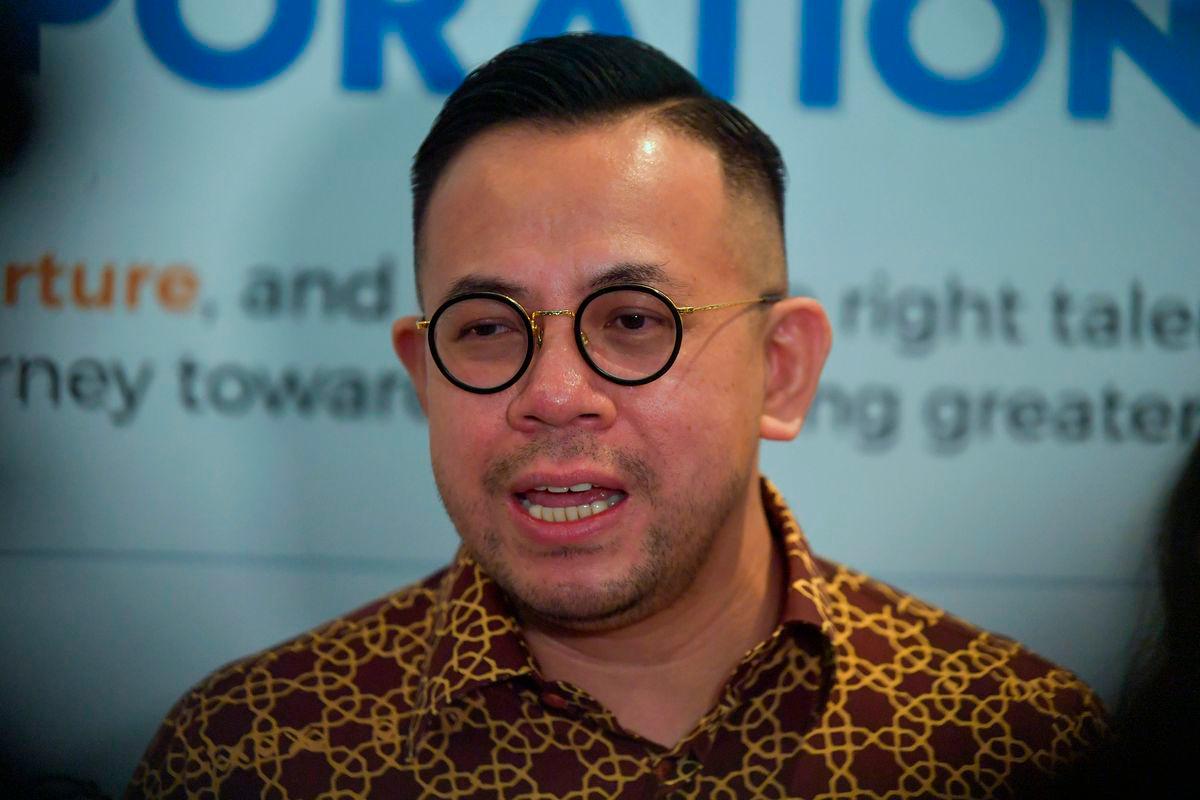PUTRAJAYA: Malaysia is moving forward with bold and comprehensive labour reforms as it aims to further empower workers, strengthen unions and ensure equitable rights across all regions and sectors, including the gig economy, says Human Resources Minister Steven Sim.
He said Malaysia’s commitment to labour rights was unwavering and continued to evolve in line with international standards and global solidarity.
“When I came last year, I represented Malaysia to ratify the International Labour Organisation (ILO) Convention C155 on Occupational Safety and Health. “I am proud to say that today, Malaysia has implemented over 100 improvements to our national Occupational Safety and Health legislation in line with ILO C155,” he said in his address at the 113th Session of the International Labour Conference (ILC) in Geneva, Switzerland.
Sim noted several key milestones Malaysia had achieved in the past year, including the removal of restrictive barriers to labour union formation, which is expected to double union membership nationwide.
“Today, Malaysia has radically reduced previous government restrictions on setting up labour unions,” he said.
He also highlighted the harmonisation of labour standards across Peninsular Malaysia, Sabah and Sarawak for the first time in two decades.
“Today, we have synchronised these three labour standards, thus giving equal rights and protections to every worker in Malaysia regardless of gender, race, religion and region after 20 years of disparity,” Sim said.
The minister said social security benefits had been increased by 20 per cent, with coverage expanded to migrant workers and round-the-clock protection beyond work-related accidents.
“Statutory minimum wage has increased by 13 per cent this year, while median monthly wage has increased by 11 per cent compared to when I came to this conference a year ago,” he said, adding that national unemployment was at a 10-year low.
Sim also brought with him the final draft of Malaysia’s new Gig Workers Bill, which he plans to table in Parliament soon.
“I look forward to tabling this historic legislation in the coming Malaysian Parliament. I am confident the conversations we have here will strengthen Malaysia’s resolve to put our country among the handful of jurisdictions in the world to have laws protecting workers in the gig economy,” he said.
He stressed that although Malaysia was a small economy, the well-being of workers was non-negotiable to the country.
Sim urged global labour stakeholders not to fall into a transactional mindset or adopt a zero-sum approach to international cooperation.
“To insist on building more bridges towards peaceful collaborations, this is the only way forward,” he said, adding that COVID-19 had underscored the interdependence of nations.
He said workers in smaller nations would be vulnerable if global trade punished the protection of workers’ well-being.
Meanwhile, Sim reaffirmed ASEAN’s commitment to solidarity, citing the recent Kuala Lumpur Declaration, which outlined a 20-year roadmap for close cooperation among member states.
“Multilateral platforms such as the ILO need to do more to foster such solidarity,” he said, welcoming the ILO’s partnership with Malaysia and ASEAN to launch the ASEAN Year of Skills 2025. This is the way forward — more conversations, more coalitions, more collaborations, and more concerted actions,” he said.









